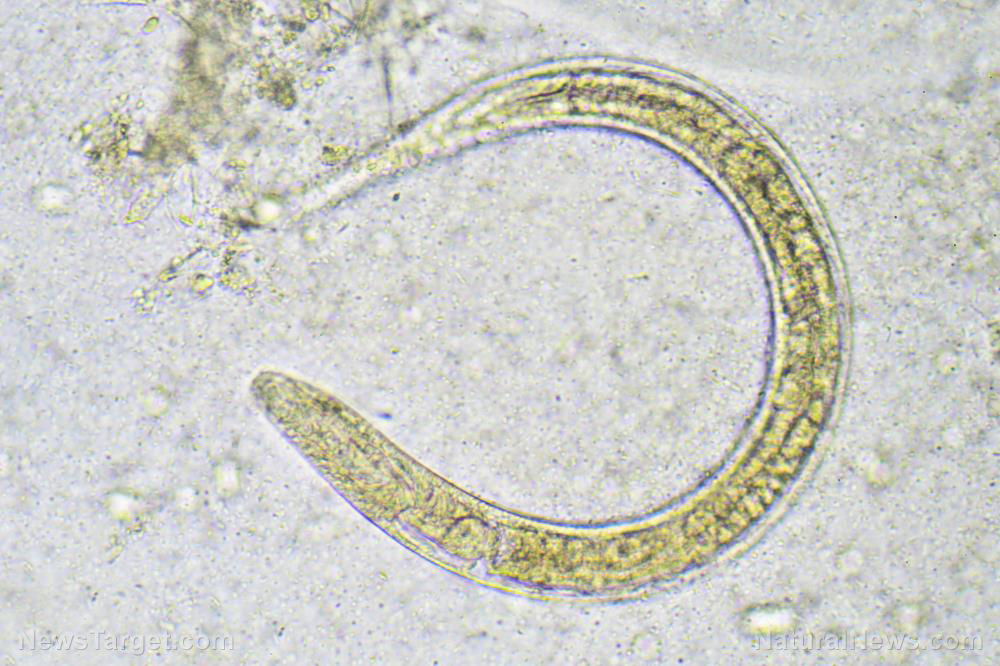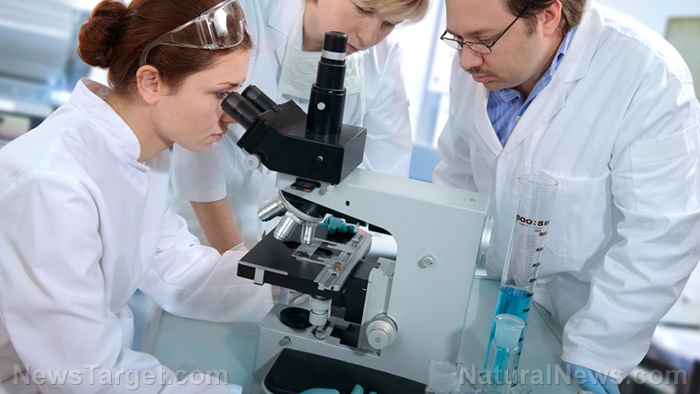
Metabolism turns food into energy that powers cellular processes. It also supplies the building blocks that the organism needs for proper functioning. Furthermore, it is an essential modulator for longevity. Many of the genes associated with lifespan work by changing the movement of energy and signals in cells and tissues.
C. elegans is an excellent model organism for studying the aging process. It has a short lifespan and easily accessed genes. The nematode also shares many of its critical metabolic pathways with humans. A good number of the key genetic factors that affect the lifespan of these worms achieve the same result in humans.
Babraham Institute researchers led a worldwide effort to pool and reconcile all data on metabolic pathways of C. elegans. They presented a single accepted model of metabolic flux called WormJam. (Related: From kimchi to kefir, these are the best anti-aging foods you’ll find anywhere.)
Modified metabolic model now works for older cells and animals
At the Babraham-based laboratory of Dr. Olivia Casanueva, researchers studied how the metabolism of C. elegans changed as the worm got older. They also evaluated the various interactions that increased the length and quality of the animal's lifespan by altering metabolic fluctuations. In particular, aging worms displayed physical changes that suggested their central metabolic capabilities diminished as they grew older.
Previously, the researchers used a developed metabolic model for their studies. But the tool only displayed the events that took place during the growing phase of cells and animals. Understandably, the model failed to provide accurate information on aging animals that no longer experienced growth.
The Babraham researchers added new data to the modeling tool. They succeeded in modifying the model for studying metabolic fluctuations in C. elegans as they grew older.
Laboratory tests with aging worms proved that the modified model could make accurate evaluations of the metabolic changes that took place during the aging process. During the testing, the researchers discovered several metabolites that underwent considerable changes as C. elegans aged.
Aging weakens the functionality of mitochondria in cells
The researchers also reported that mitochondrial function weakened as the worms got older. Earlier studies established links between the declining activity of mitochondria in older humans and the aging process.
Mitochondria are structures that produce energy for cells. Issues with these cellular power generators are linked to Alzheimer's disease and other diseases that afflict older people.
"The model prediction was quite accurate, as it predicted that Oxaloacetate, a key resource for the production of energy, was becoming limiting in aged worms," remarked Casanueva, the primary author of the study. "We know that of all metabolites that can sbe supplemented to the food source for ageing worms, Oxaloacetate is the one metabolite that produces the most robust effect -- extending lifespan by up to 20%."
Identifying the mitochondrial-produced metabolites was just one of the many capabilities offered by the new metabolism model. Once applied to C. elegans, the researchers hoped to learn a lot more about aging in both worms and humans.
"This re-optimisation of the model for ageing animals represents a significant technical advance for the field and will allow more accurate predictions of metabolic fluxes during the course of ageing," Casanueva concluded. "By developing our understanding of the experimental model of ageing, we can gain valuable insight into what's happening in humans -- taking a step towards achieving healthier ageing."
Sources include:
Please contact us for more information.























